Jed Wentz - Telemann: 12 Fantasias for solo flute (2007)
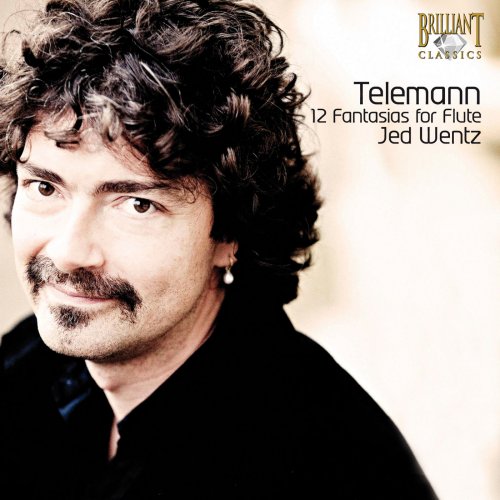
Artist: Jed Wentz
Title: Telemann: 12 Fantasias for solo flute
Year Of Release: 2007
Label: Brilliant Classics
Genre: Classical
Quality: FLAC (tracks) / MP3 320 Kbps
Total Time: 53:26
Total Size: 255 Mb
WebSite: Album Preview
Tracklist: Title: Telemann: 12 Fantasias for solo flute
Year Of Release: 2007
Label: Brilliant Classics
Genre: Classical
Quality: FLAC (tracks) / MP3 320 Kbps
Total Time: 53:26
Total Size: 255 Mb
WebSite: Album Preview
1. Vivace 02:18
2. Allegro 00:56
3. Grave 00:51
4. Vivace 01:22
5. Adagio 01:12
6. Allegro 01:27
7. Largo - Vivace - Largo - Vivace02:18
8. Allegro 01:33
9. Andante 01:00
10. Allegro 01:16
11. Presto 01:03
12. Presto - Largo - Presto - Largo 01:09
13. Allegro 01:06
14. Allegro 01:38
15. Dolce 03:44
16. Allegro 1:14
17. Spirituoso 01:01
18. Alla francese 04:15
19. Presto 00:47
20. Largo 01:55
21. Spirituoso 00:51
22. Allegro 01:07
23. Affetuoso 02:50
24. Allegro 00:55
25. Grave 00:18
26. Vivace 01:43
27. A tempo giusto 02:30
28. Presto 01:05
29. Moderato 01:14
30. Allegro 01:04
31. Adagio - Vivace 01:18
32. Allegro 01:05
33. Grave - Allegro - Grave - Allegro 01:49
34. Dolce 00:30
35. Allegro 00:13
36. Presto 02:49
Performers:
Jed Wentz (flute)
Telemann's 12 Fantasias for solo flute are problematical works. They exist in a single Italian manuscript, designated as being for the violin, and with the name of Telemann penciled in after the fact. A flute or recorder seems more likely than a violin for the seventh-to-low-tonic cadences and other turns of phrase that frequently occur in the music, and Telemann does indeed seem a likely composer. The 12 pieces look like sonatas at first glance, with sequences of mostly three or four short movements in with Italian tempo designations (including the intriguing "spirituoso"), but they turn out to be fantasias as advertised; some of the movements are extremely short, and several of the longer ones are broken up into tiny chunks. As so often with Telemann there is a sense of abundant invention, with galant passages bumping up against implied polyphony and virtuosic passagework in a sort of stream of consciousness. The performances here by Jed Wentz, American-born and a former member of Musica Antiqua Köln, are top-notch, largely because he treats the works as fantasias and as true virtuoso pieces. He takes a lot of liberties with tempo, not only in the multipart opening movements but in the more tuneful slow movements. The Presto sections take on quite an edge as they whip around the corners, and Wentz admits that he has taken his flute (a boxwood copy of an instrument of Telemann's time) "to its absolute limits." But he never loses control of the overall line, and he makes a persuasive case for the links between this music and the virtuoso tradition, traditionally considered a less important strand of Telemann's work, and of the early flute repertoire in general. An exciting and innovative recording, decently engineered, and selling for what an LP would have cost in the 1960s.

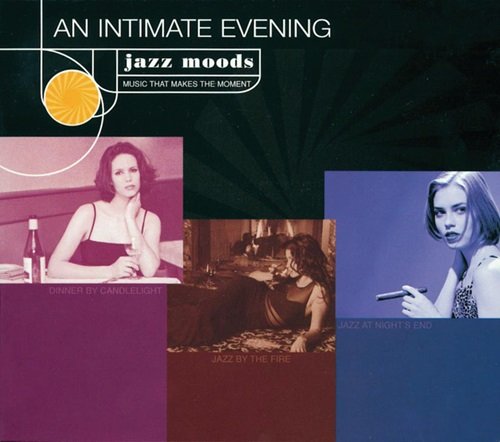
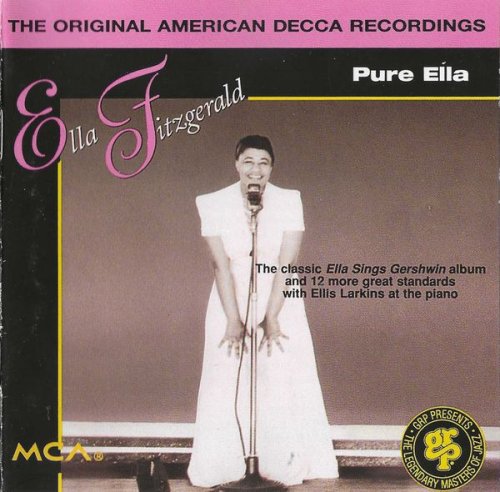
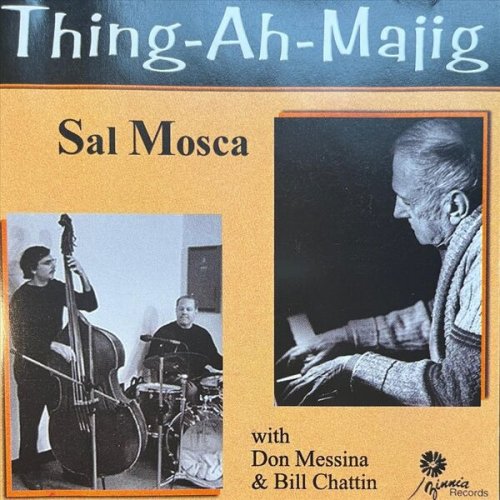
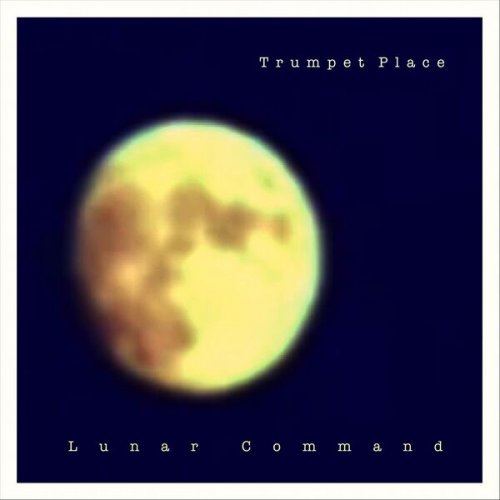
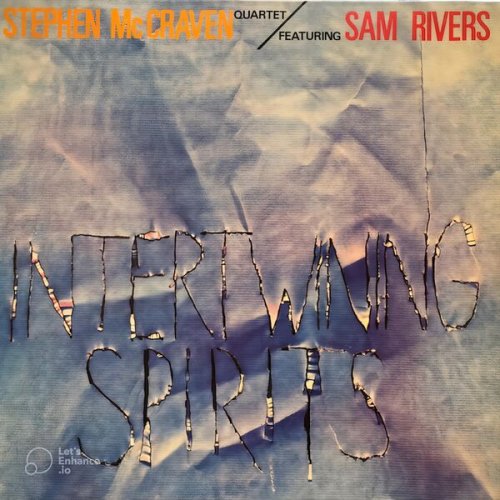


![Clifton Chenier - Live at the San Francisco Blues Festival (Live) (1985) [Hi-Res] Clifton Chenier - Live at the San Francisco Blues Festival (Live) (1985) [Hi-Res]](https://img.israbox.com/img/2025-12/20/1okh4wxr3ose6s79w4nxw7vzi.jpg)